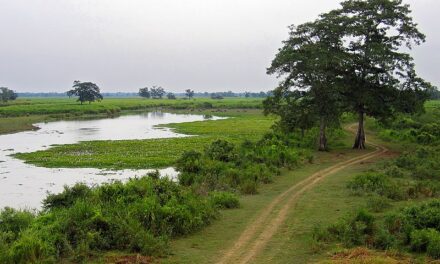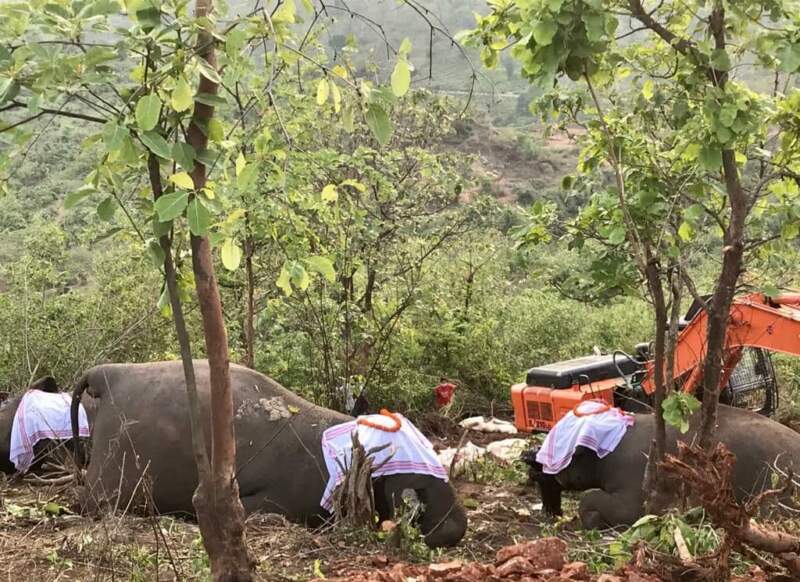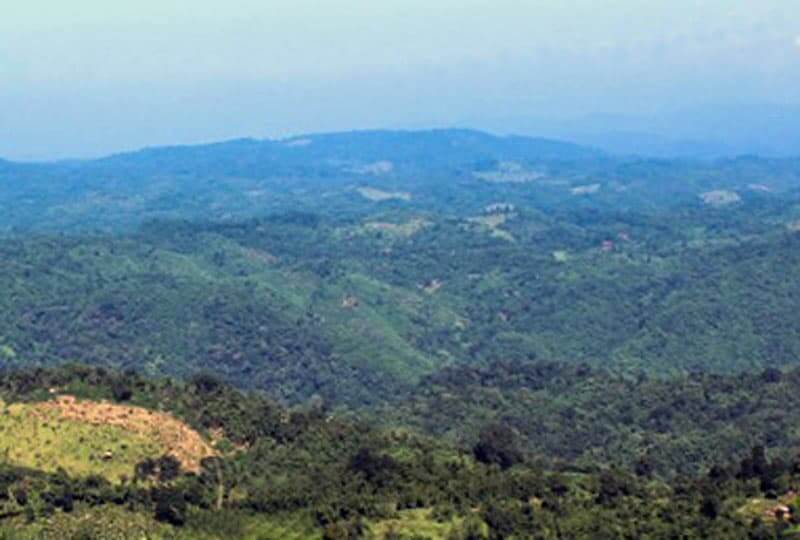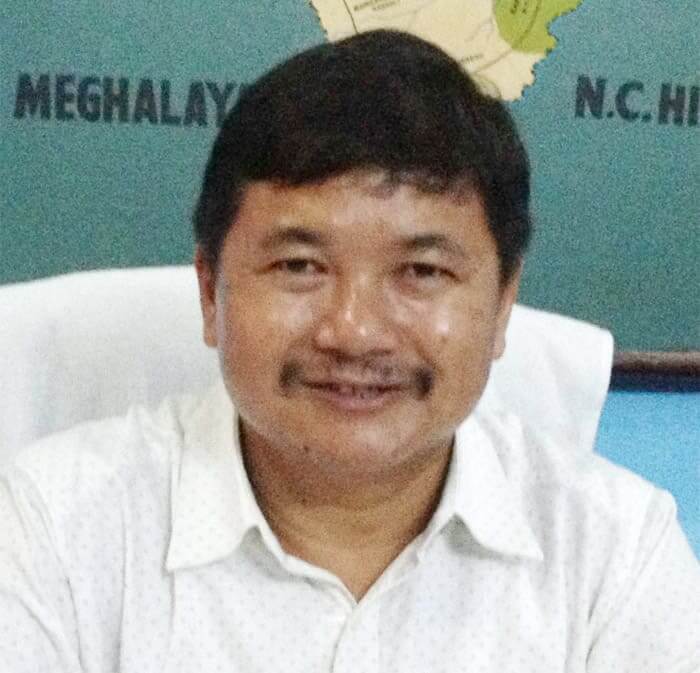The Patriotic People’s Front Assam, also known as PPFA, today wrote a letter to the Governor of Assam, Shri Banwarilal Purohit. The letter relates to the Citizenship (Amendment) Bill 2016.
The organisation believes that vested interests are trying to communalise citizenship, rather than helping to find an amicable solution. They say opponents of the bill made misleading and manipulative statements.
The thorny issue of who is a local and who is a foreigner in Assam has long caused problems for groups such as Hindus, Buddhists, Christians, Sikhs and other religious minorities.
The letter references the killing of eminent Assam poet Amulya Barua, in violent communal riots. Those violent riots included the ‘Great Calcutta killing,’ in which almost 5000 people died over 4 days.
PPFA supports the government action on citizenship rights for victims of Partition living in India from Pakistan and Bangladesh up to 2014.
A list of 37 people signed the letter, requesting a concrete refugee policy for India to deal with immigration and immigrants logically and legally. They also support the 1951 United Nations Refugee Convention and the 1967 Protocol on the status of refugees.
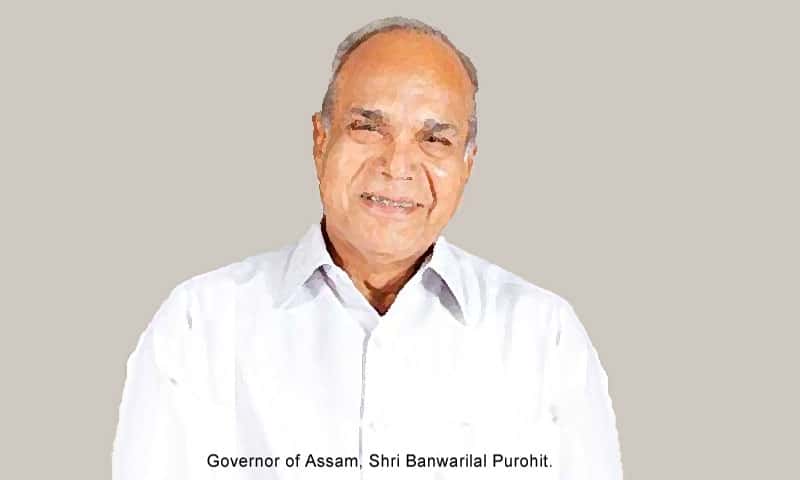
The Governor of Assam, Shri Banwarilal Purohit.
Here is the letter:
To,
Shri Banwarilal Purohit,
Honourable Governor of Assam,
Raj Bhawan,
Kharghuli, Guwahati-781004
Dated: Guwahati, 31 October 2016
Your Excellency,
Warm greetings from the Patriotic People’s Front Assam (PPFA). We would like to bring to your kind attention some of the recent misleading and manipulative statements by some individuals and organizations on the Citizenship (Amendment) Bill 2016 issue. We are shocked that these groups of vested interests are trying to communalise the issue instead of helping to find an amicable solution. The extremely volatile utterances targeting the Hindu minority community of Assam is deplorable and condemnable to say the least. We are from this land of glorious civilization & culture and we feel that our spirit should be that of accommodation of Hindu, Buddhists, Christians, Sikhs and other religious minorities who have had to face extreme suppression in erstwhile East Pakistan (now Bangladesh) and also West Pakistan and have been the true victims of partition of India. We would like to take this opportunity to highlight the historical truth that cannot and should not be forgotten and which will attempt to build an honest perspective on the issue of who is a ‘foreigner’ in Assam (India) which has been a touchy and thorny issue since long.
Hence, we must all look back and see what transpired in 1942 when Mahatma Gandhi called for the ‘Quit India’ movement. The Muslim League raised another slogan ‘Divide India And Quit’. In 1946, the ‘Pakistan’ demand of Muslim league, supported by the undivided Communist Party of India (CPI), was accompanied by ‘Direct Action’ or the violent communal riots like the ‘Great Calcutta killing’ where nearly 5000 people were killed or massacred in only 4 days. Assam’s eminent poet Amulya Barua was one of the victims in that killing field.
History bears witness to the fact that Muslims of undivided India that followed the ideology of Muslim League and who wanted a separate homeland for the Muslims were granted Pakistan and thus they became ‘foreigners’ to Indians. In fact the moment they created a foreign land for themselves they lost their rights to get into India again without passports or related legal documents. So, post 15 August 1947 India, all those who demanded and chose to live in Pakistan (including East Pakistan) was legally foreigners.
However, history is also witness to the fact that the minority Hindus, Sikhs, Christians, Buddhists who were left behind in Pakistan were continuing to face brutal suppression at the hands of the new non-secular government, which prompted the Prime Minister of Independent India Jawaharlal Nehru to issue a historic statement in Parliament that non-Muslims would be safe and secure in Pakistan as both the new nations pledged to be good and friendly neighbours. However, Nehru also declared in the Parliament that if, in future, non-Muslims felt unsafe and insecure in Pakistan due to religious or communal persecutions, they would be always welcome in India and they would not be treated as ‘foreigners’ in India.
It is indeed a matter of great satisfaction that the Union government in New Delhi has taken steps lately to provide shelter to these ‘Victims of Partition’ all over the country following a process of equal distribution. In fact, it is a long pending moral responsibility which India should have shouldered much earlier (soon after Nehru made the promise in the Parliament).
But better late than never, and we must all support the government’s action to give citizenship rights to the victims of Partition who have taken shelter in India from Pakistan and Bangladesh till 2014. We must not forget that among these people are many whose ancestors also fought and sacrificed their lives along with many others for an independent India, which has made us free citizens of an independent nation today. Let all of us be grateful to them.
We are also fully aware that since the formation of Bangladesh and the assassination of Sheikh Mujibur Rahman in 1975, Bangladesh made Islam the State religion setting into motion the persecution of minority non-Muslims. In Bangladesh, the Hindus include Bengali, Rajbongshi, Hajong, Adivasi, Jayantiya and Bishnupriya communities, Buddhists (represented by Chakmas) and some Assamese people also, who fled to the Chittagong hill areas during the Burmese invasion. The Christians include Bengali, Garo, Khasi and Adivasi people. All these people became the victims of ‘Pakistan Plan’ & ‘Partition’ and had to therefore live in a ‘foreign land,’ for the creation of which they were not at all responsible.
So, under no circumstances these people can be termed as ‘foreigners’. The foreigners are those who created the ‘foreign land’ in the name of religion, but again these are the same group of people who are infiltrating into India, the country they hated to live in, before 1947 for reasons best known to them. If the history of Partition is properly studied, we can clearly understand who these ‘Foreigners’ are and who are the actual ‘Victims of Partition’ and who came to India to protect their religions, cultures and their lives.
However, we have no intention of communalizing the issue but we want to provide a clear understanding of how history unfolded lest some vested interests and parochial mindsets for their own narrow political gains and cheap mileage would continue to resort to disturb the peace and tranquil atmosphere of Assam. There is a need for a solution to this vexed issue and we would fully agree if those that have been truly victimized owing to Partition and religious persecution are given a place not just in Assam but in all other States of India, a country where the underlying tenets of democracy are tolerance, secularism and freedom of religion, faith, practice and freedom of expression.
Finally, we also raise our voices for a concrete refugee policy for India so that we can deal with the issue of immigrants logically and legally. We sincerely believe India should sign the 1951 United Nations Refugee Convention. Moreover, our government has to ratify the 1967 Protocol relating to the status of refugees.
With Regards,
Dhirendra Nath Chakrabarty (Guwahati)
Dr Rabin Dev Choudhury (Guwahati)
Giripada Dev Choudhury (Guwahati)
Dr Nirode K Barooah (Cologne, Germany)
Dr AK Rai (BHU, Varanasi)
Rupam Barua (Gauripur)
Nava Thakuria (Tihu)
Jagadindra Ray Choudhury (Barpeta)
Anup Sarma (Guwahati)
Manju Bora (Guwahati)
Pranjal Saikia (Guwahati)
Utpal Dutta (Guwahati)
Dipannita Jaiswal (Guwahati)
Jitul Sonowal (Guwahati)
Bobita Sarma (Guwahati)
Bidhayak Das (Bangkok, Thailand)
Vavani Sarmah (Washington, USA)
Kalyan Dutta-Choudhury (Berkeley, USA)
Pranab Kr Sharma (Guwahati)
Prasenjit Chakrabarty (Agartala)
Dr Subhra Kinkor Goswami (Nalbari)
Gourishankar S Hiremath (IIT, Kharagpur)
Anjanil Kashyap (New Delhi)
Jahnabi Goswami (Guwahati)
Girindra Kumar Karjee (Guwahati)
Bibekananda Choudhury (Guwahati)
Ravindranath (Dhemaji)
Namrata Dutta (Guwahati)
Bhagawat Pritam (Guwahati)
Braja Jyoti Sharma (Nagaon)
Gitika Talukder (Colombo, Srilanka)
Devjyoti Saikia (Tezpur)
Onkareshwar Pandey (Noida)
Tarali Chakrabarty (Guwahati)
Akhyamala Bora (Dergaon)
Nripen Dutta (Chamata)
Arun Sarkar (Nagarbera)

